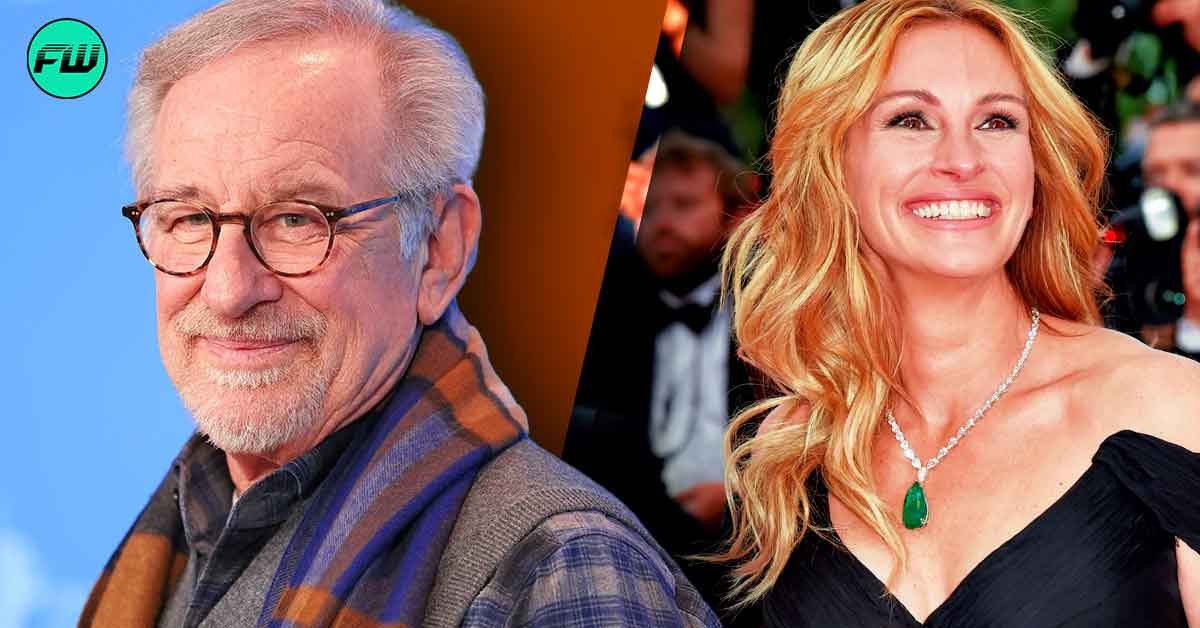The film industry is no stranger to clashes between directors and actors.
From Faye Dunaway's alleged cup of urine incident with Roman Polanski to Norman Mailer almost biting off Rip Torn's ear in a fit of rage, tensions on set are not uncommon.
The demanding nature of directing often attracts ambitious visionaries who may not be the easiest to work with.
One famous example of an actor reaching their breaking point comes from Harvey Keitel's experience on the set of Eyes Wide Shut, directed by Stanley Kubrick.
According to Gary Oldman, who worked on the film, Keitel was playing Sydney Pollack's role and became frustrated with Kubrick's meticulous attention to detail.
After the 68th take of simply walking through a door, Keitel exclaimed, “I'm out of here, you're fucking crazy.
You're fucking out of your mind,” and left the production.
Kubrick himself once famously stated that he didn't know what he was looking for until he saw it, which can be a challenging mantra for actors to follow.
It's easy to see how relationships can become strained between directors and actors when they have different approaches to the craft.
The story of Julia Roberts and Steven Spielberg is just another chapter in this long-standing narrative.
In the 1991 fantasy film Hook, Roberts was cast as Tinkerbell.
However, her time on set was far from smooth sailing.
Production staff began referring to her as “Tinkerhell” due to her unpredictable behavior.
One crew member described her as being “sometimes sombre, sometimes on the edge of hysteria.”
Playing a mischievous fairy in a lighthearted children's movie, such energy was not ideal.
Roberts' difficult demeanor caused so much turmoil that Spielberg reportedly considered recasting the role, a decision that would have come with its own challenges and expenses.
Roberts would often retreat to her trailer for hours alone and frequently arrived late when her fairy scenes were scheduled.
Spielberg's patience wore thin throughout the shoot.
Fortunately, both Roberts and Spielberg managed to complete filming without their tensions seeping onto the screen.
Unlike some notorious instances where clashes between directors and actors became painfully evident, their conflicts remained mostly hidden.
It was an unfortunate time for them to work together, as Spielberg later admitted.
Unsurprisingly, they have since avoided any creative collaborations.
The reason behind Roberts' tumultuous behavior was her breakup with then-fiancé Kiefer Sutherland.
She had discovered that Sutherland had been cheating on her, leading to the cancellation of their marriage plans.
Understandably, this emotional turmoil spilled onto the set, making it difficult for Roberts to seamlessly transition into her playful fairy character.
Spielberg acknowledged the challenging circumstances Roberts faced during filming, stating that she went through one of the most trying times in her life during that period.
Roberts herself commented on the situation, expressing her surprise at the nickname but emphasizing that she is a normal person.
If she spent six hours sitting idle in her trailer, she would naturally question what was happening.
In conclusion, the collaboration between Julia Roberts and Steven Spielberg on Hook was marred by tension and difficulties.
Roberts' personal struggles, combined with the demanding nature of directing, created a challenging environment for both star and director.
Their experience serves as another reminder of the complexities that can arise in the world of filmmaking.
Related Posts
- Why Steven Spielberg Refuses to Collaborate with Julia Roberts
- The Untold Story Behind Julia Roberts and Steven Spielberg’s Unforgettable Disagreement
- The Turbulent Saga of Julia Roberts and Steven Spielberg Unveiled
- The Forgotten Feud: Julia Roberts and Steven Spielberg’s Turbulent Relationship
- Steven Spielberg’s Clash with Julia Roberts on the Set of Hook Explored































